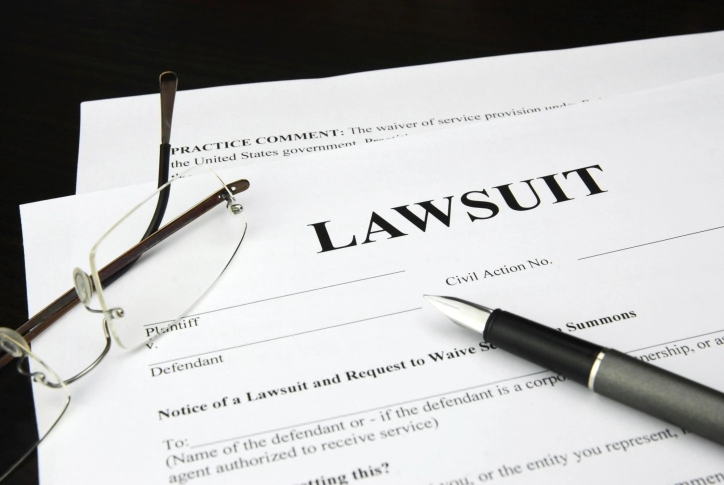
Government agencies and manufacturers frequently recall products to protect consumers from potential harm. However, unsafe or faulty products often result in preventable injuries and deaths.
If you have suffered due to a manufacturer error or faulty product, it is important to know your rights. While a product recall may help demonstrate responsibility for a defective product, the company is not automatically liable for your injuries. In fact, some courts will not permit you to submit the recall into evidence.
You can bring a personal injury lawsuit against the manufacturer of the product for negligence, breach of warranty, strict liability, or failure to warn.
In personal injury lawsuits for defective products, you need to prove you suffered irreparable damages or emotional trauma. To do so, you will need to show direct evidence of the product defect in the form of photos, eyewitness interviews, or key witness testimony.
The manufacturer cannot simply use the fact that they warned about the defect to win the lawsuit. They also need to prove that you, as an individual, knew about the warning when you used the product. This involves showing that you received a notice about the recall prior to the accident and that this notice satisfactorily advised you about the dangers of using the product. A broad recall to the public is insufficient.
Furthermore, the manufacturer may use your lawsuit to defer liability to the distributor or seller of the product. They can only achieve this through a separate lawsuit with different criteria.
Every state has a mandatory time limit for which a lawsuit must be filed. This is called a statute of limitations. If you file a suit after the statute, your case will likely be thrown out of court. Therefore, it is important to act when you experience a problem resulting from a defective recalled product.
A personal injury attorney will consult with you to begin your case and determine the compensation you deserve. You may be entitled to the cost of medical expenses, lost wages, and diminished earning capacity. You may also receive compensation for non-monetary losses, including emotional distress, pain, and suffering.
Know your rights. Do not wait until the statute of limitations runs out before you file a claim.






